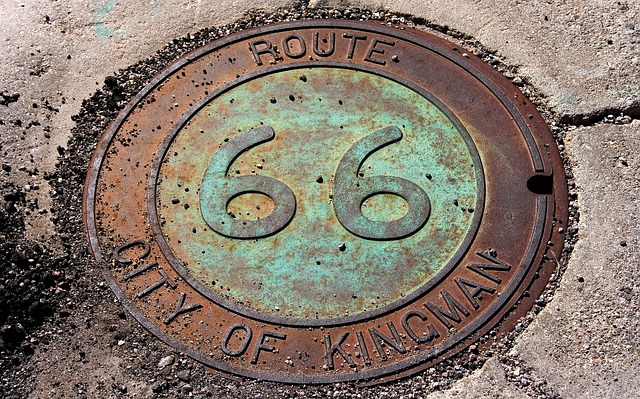In small towns, responsible real estate development is key to preserving community character and way of life alongside economic growth. By integrating locally-inspired designs, sustainable building methods, and public green spaces, small-town real estate can attract businesses and residents while maintaining its unique history, architecture, and hospitality. Open communication, inclusive practices, and investment in community spaces ensure a harmonious blend of commerce and camaraderie, fostering a vibrant, sustainable economic ecosystem that benefits both locals and visitors.
In the dynamic landscape of growing commerce, small towns are experiencing a unique metamorphosis. This article delves into how vibrant businesses and warm hospitality coexist with the preservation of community-centric real estate. We explore strategies that balance economic flourish with nurturing relationships, ensuring that growth enhances, not overshadows, the friendly spirit that defines these places. From real estate developments to thriving local commerce, discover how small towns are revolutionizing their future while preserving their soul.
Small-Town Real Estate: Preserving Community in Growth

In small towns, real estate is more than just properties; it’s a reflection of community and way of life. As commerce grows and new businesses attract visitors and residents, preserving the town’s character through responsible real estate practices becomes paramount. By prioritizing local history, architecture, and open spaces in development plans, small-town real estate can ensure that the essence of the community remains intact despite growth.
This involves careful planning to maintain the unique charm that makes these towns appealing. Incorporating locally-inspired designs, promoting sustainable building methods, and setting aside areas for public green spaces and community gatherings can foster a harmonious blend of commerce and small-town friendliness. Thus, responsible real estate development becomes a key strategy in balancing economic prosperity with the preservation of a town’s authentic character.
Commerce and Hospitality: Driving Economic Flourish

Commerce and hospitality are the lifeblood of any community, and in small towns, they can be powerful drivers of economic flourish. As new businesses emerge and thrive, they create a positive cycle that attracts more investment and talent. This growth is often fueled by the warm and welcoming atmosphere that small-town friendliness cultivates. Locals and visitors alike appreciate the personal connections and genuine hospitality that these communities offer, making them desirable places to live, work, and visit.
Real estate plays a significant role in this dynamic. As commerce expands, so does the demand for housing and commercial spaces. This influx of activity stimulates the local market, leading to improved infrastructure and amenities. In turn, enhanced real estate values attract even more businesses and residents, creating a vibrant and sustainable economic ecosystem. The symbiotic relationship between commerce and hospitality is thus a key ingredient in the recipe for a prosperous and thriving small town.
Balancing Act: Growing Business, Nurturing Relationships

In the dynamic landscape of growing commerce, small towns are experiencing a delicate balancing act: cultivating prosperous businesses while nurturing the essence of friendly community. As new enterprises emerge, often driven by real estate development, it’s crucial to integrate them seamlessly into the existing social fabric. This requires a collaborative effort between business owners, local leaders, and residents to preserve the town’s unique character and ensure everyone benefits from progress.
By fostering open communication channels and implementing inclusive practices, small towns can thrive economically without sacrificing their warm, welcoming atmosphere. Investing in community spaces, organizing regular events, and encouraging mentorship among businesses creates a supportive ecosystem that enhances both commerce and camaraderie. This harmonious blend of growth and friendliness sets the stage for sustainable success, making small towns desirable destinations for residents and visitors alike.






